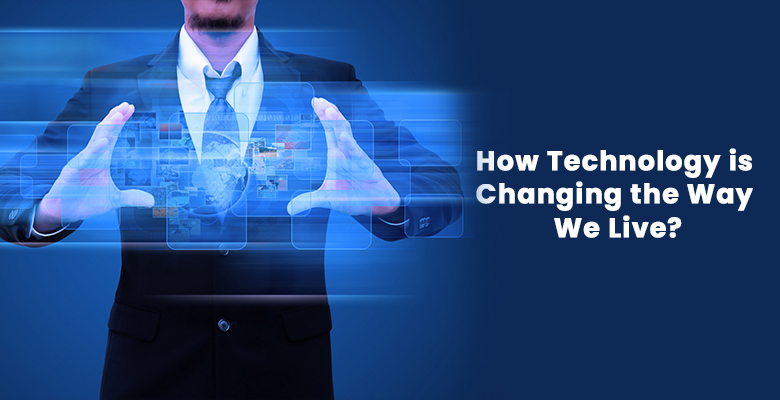
In the fast-paced digital age, technology has become an integral part of our lives, shaping the way we communicate, work, learn, and even relax. Technology continues to change in many ways and it is also changing the way we live. From the advent of the internet to the rise of smartphones and artificial intelligence, technology is revolutionizing the world at an unprecedented pace. Some of those changes are obvious but some are not. You want to know how technology has changed the way we live? This article explores the multifaceted ways in which technology is changing the way we live.
Communication and Connectivity
The evolution of communication technology has connected people across the globe like never before. Social media platforms, instant messaging apps, and video conferencing tools have made it possible for individuals to stay in touch with friends, family, and colleagues regardless of geographical distances. This level of connectivity has transformed the way we build relationships, conduct business, and share experiences. So, this is one way how technology has changed the way we live.
Education and Learning
Technology has revolutionized the education sector, making learning more accessible and interactive. Online courses, digital textbooks, and educational apps provide learners with a wealth of resources at their fingertips. Furthermore, virtual classrooms and remote learning technologies have become vital, especially in times of crisis, ensuring that education continues unhindered. Some of the e-learning platforms include Udemy, Coursera, Codecademy, and more.
Workplace Transformation
The rise of telecommuting and collaborative digital tools has reshaped the traditional workplace. Cloud computing, project management software, and video conferencing platforms have facilitated remote work, allowing employees to work from anywhere with an internet connection. This shift has not only increased productivity but also improved the work-life balance for many individuals. You can now connect with your co-workers’ using platforms like Google Meet, Skype, Zoom, and more.
Healthcare and Wellness
Innovations in healthcare technology have enhanced patient care, diagnosis, and treatment. Wearable devices and health apps monitor vital signs, track physical activity, and provide real-time health data. Telemedicine services enable remote consultations with healthcare professionals, making healthcare more accessible and convenient, especially for those in remote areas. In fact, there are a lot of platforms that offer online consultations and delivery of medicines right at your doorstep. These platforms include 1MG, PharmEasy, Practo, and more.
Entertainment and Media
Streaming platforms, online gaming, and virtual reality have transformed the entertainment industry. People can now access movies, TV shows, music, and games instantly, customizing their entertainment experiences. Augmented reality (AR) and virtual reality (VR) technologies have introduced immersive experiences, blurring the lines between the digital and physical worlds. The major platforms that offer watching movies and TV shows in the comfort of your home include Netflix, Disney+Hotstar, Amazon Prime, and more.
Transportation and Travel
Technology has disrupted the transportation sector, leading to the rise of ride-sharing services, electric vehicles, and autonomous cars. Navigation apps provide real-time traffic updates and optimal routes, easing congestion and reducing travel time. Additionally, smart cities are leveraging technology to create efficient and sustainable transportation systems. In addition to that, technology has introduced several platforms that offer booking online tickets on various modes of transportation including flights, trains, and buses.
The platforms include MakeMyTrip, Redbus, ITCTC, and more.
Environmental Impact and Sustainability
Advancements in technology are instrumental in addressing environmental challenges. Renewable energy sources, energy-efficient appliances, and smart grids contribute to a more sustainable future. Moreover, data analytics and IoT devices help monitor and manage resources, reducing waste and promoting eco-friendly practices.
Economic Impact and Innovation
The tech industry drives economic growth through innovation and entrepreneurship. Startups and established companies alike are leveraging technology to create groundbreaking products and services, fostering economic development and job creation. Additionally, the gig economy and online marketplaces have provided new avenues for employment and income generation.
Conclusion
You should be now clear how technology has changed the way we live. It is a powerful force that continues to shape the way we live, work, and interact with the world. While the benefits are undeniable, it is crucial to address challenges such as digital divides, privacy concerns, and ethical implications. As we move forward, embracing technology responsibly and ethically will be key to harnessing its full potential for the betterment of society. The future promises even more exciting innovations, making it essential for individuals, businesses, and policymakers to adapt and navigate the evolving technological landscape with awareness and foresight.
